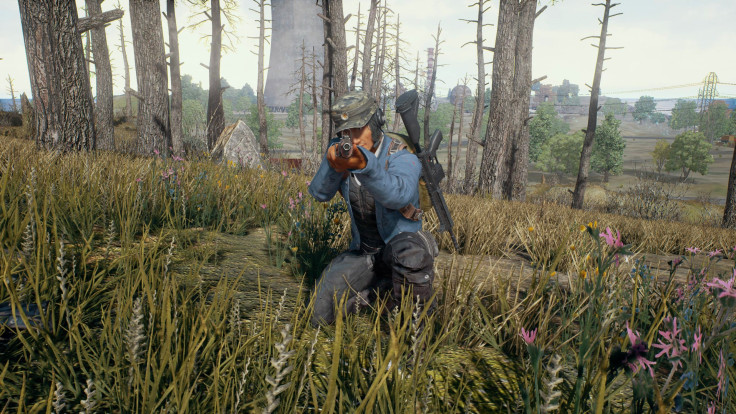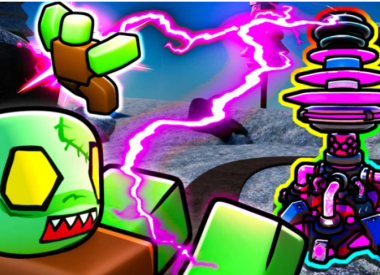PlayerUnknown’s Battlegrounds has released its first official rules of conduct. The 14 rules are fairly common sense and anyone who has attended school, had a job or otherwise found themselves in a community space is familiar with their spirit.
The first seven rules govern common negative player interactions, like using violent, sexual or foul language, making threats, or making other community members feel unwelcome through rhetoric deriding race, religion, gender and so on. The other seven rules go into more specific in-game behavior, like exploits, team kills, stream snipes and account sharing, that anyone who has ever played a game knows is not usually kosher.
The PUBG team notes that they will ban anybody for violating the spirit of these rules, not just the letter, with a note at the end indicating, “these rules are neither final nor exhaustive.” Players are encouraged to report issues with both the game itself as well as fellow players to the developers at Bluehole Studios.
Check out the full list of PlayerUnknown’s Battlegrounds new rules below:
Do not use any discriminatory language, including but not limited to any language regarding ethnicity, nationality, race, gender, religion, sexual preference or personal beliefs.
Do not use extremely foul language, including but not limited to excessive profanity or language that is graphically sexual, grotesque, or violent.
Do not make threats of real-world violence or other intended harm to other players or our employees.
Do not harass, stalk, or purposely do things to make someone else feel uncomfortable or threatened.
Do not share personal information about yourself or other individuals.
Do not engage in, request, arrange, or offer illegal activities or materials.
Do not impersonate other individuals.
Do not spam, be it in text or voip.
Do not cheat: do not use third party programs, macros, client-side hacks, edited game files or anything else that may give you an unfair advantage in the game. This includes promoting or posting links to websites that provide or promote cheats or hacks.
Do not team: teaming is defined as two or more players in the same match working together in a larger group than is intended for the selected game mode.
Do not team kill: there is no excuse for non-accidental team kills. If your teammate is breaking these rules, report them to us instead.
Do not stream snipe: this is a form of cheating and you will be banned if you do it.
Do not exploit bugs or glitches: If you find a bug or a glitch in the game that provides an unfair advantage, let us know about it instead of using the exploit for your own benefit.
Do not share your account: your account is for your use and your use alone. Do not grant access to your account to anyone else, and do not access anyone else's account, even with their permission.
The new rules come after the official PUBG Twitter announced how many cheaters had been banned since the game’s launch in April:
50,000 accounts is a staggering amount, but as the official account stated, “A large portion of these don’t even get to play a round as they are detected before a match starts!”
PUBG uses the BattlEye system to detect and ban cheaters. Players seem supportive of the banwave, despite earlier controversy over a stream-sniping ban:
Cleaning the streets, good shit pic.twitter.com/PNptGSZBCb
— Dave (@ItsTehDave) August 3, 2017
— Tyler (@NsaneHOG) August 3, 2017
Wowww!! Have you seen that @csgo_dev ? Maybe thats why PUBG stays high on the twitch most played games ?
— Woozy1k (@Wooz1k) August 3, 2017
— Jerzo (@JerzoTV) August 3, 2017
The game has also announced a second major milestone: they recently broke over 500k concurrent players on Steam, cracking CS:GO ’s #2 spot.
For more info on PlayerUnknown’s Battlegrounds, check out what’s new in the latest monthly update, deets on PUBG ’s first competitive LAN event, some general tips and tricks and a peek at some unfinished and unreleased items from data miners.
What do you think of PUBG’s new code of conduct? Do you find anything objectionable or feel they missed anything obvious? What do you think about PUBG’s use of the BattlEye anti-cheat system and all those banned accounts? Celebrating with the team over that 500k concurrent player milestone? Feel free to talk about PlayerUnknown’s Battlegrounds in our comments section below.



















